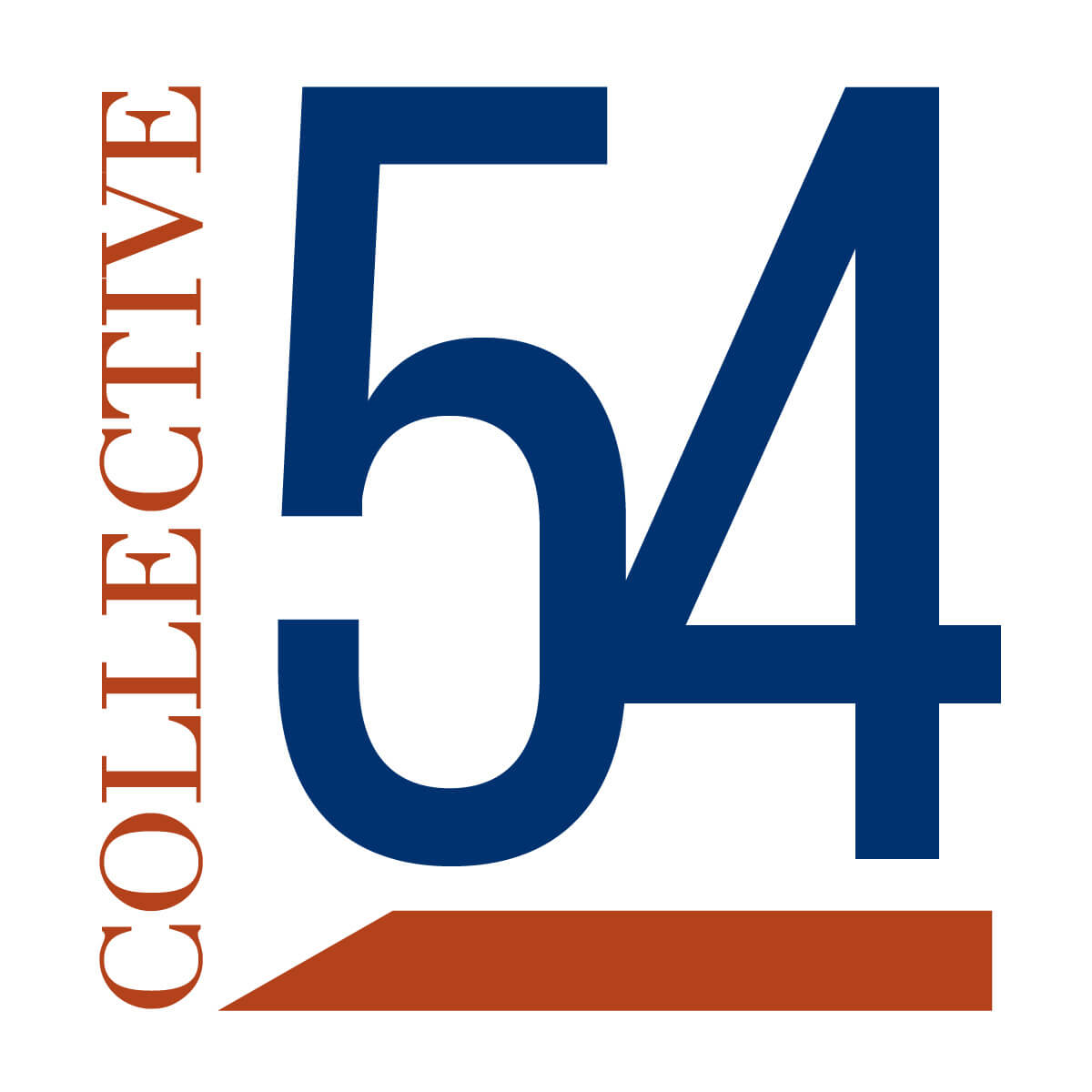The Corporate Transparency Act Mandates New Requirements for Business Owners | Schwab Center for Financial Research

As you prepare to meet with your CPA this year, you may have some new reporting requirements about your business. Here is some information on the new Corporate Transparency Act from Schwab Center for Financial Research’s Austin Jarvis.
Overview
The Corporate Transparency Act (CTA) was passed as part of the National Defense Authorization Act for Fiscal Year 2021. The CTA mandates the creation of a database of “Beneficial Ownership Information” (BOI) and the filing of beneficial information effective January 1, 2024. New entities created after January 1, 2024, are required to file a report within 30 calendar days of their creation, and existing entities as of January 1, 2024, have until January 1, 2025, to file a report. Any changes after the initial report is filed (due to sales, minor children reaching majority, death, etc.) are required to be reported within 30 days of the change occurring.
The stated purpose of the law is to combat money laundering and the concealment of illicit money using shell companies in the United States. However good the intentions may be, the regulations have been written so broadly that nearly every small business in the United States could be required to make informational filings or incur penalties of $500 a day (up to $10,000) and up to two years in prison.
The following is a broad overview of the CTA to help build awareness of the new rules. Due to the complexities and nuances of the rules, it is important to discuss your unique circumstances with your professional team to ensure you remain fully compliant with the law.
Who is required to report?
The CTA requires certain reporting companies to disclose the identities of their beneficial owners to the U.S. Department of Treasury’s Financial Crimes Enforcement Network (FinCEN).
What qualifies as a reporting company?
Under the CTA, a reporting company is a corporation, limited liability company (LLC), or other similar entity created by filing a document with the Secretary of State (or a foreign entity registered to do business in the state). Entities that are highly regulated, such as banks, insurance companies, and accounting firms, are exempt from the reporting requirements. Charitable entities and large operating companies (defined as having more than 20 full-time employees, $5 million in gross receipts or sales, and a physical office in the U.S.) are also exempt from reporting.
Are trusts reporting companies? Generally, trusts are not reporting companies because they are not formed by filing a document with the Secretary of State.
Who is a beneficial owner?
The law defines beneficial owners as individuals who directly or indirectly:
1) exercise substantial control over the reporting company, or
2) own or control at least 25% or more ownership interest in the reporting company.
Substantial control could mean that the individual serves as a senior officer, has authority to appoint or remove senior officers, or has influence over important decisions made by the reporting company or a majority of the board of directors.
Furthermore, individuals may exercise substantial control, directly or indirectly, through board representation, ownership, rights associated with financing arrangements, or control over intermediary entities that separately or collectively exercise substantial control.
Indirect ownership, or control of a company or its ownership interests, may include:
-
- Joint ownership with one or more other persons
- Ownership through another individual acting as a nominee, intermediary, custodian, or agent
- Ownership as trustee, grantor/settlor, or beneficiary of a trust
- Ownership or control of one or more intermediary entities that separately or collectively own or control ownership interests of the reporting company
Can a trust be a beneficial owner? If a trust owns 25% or more or a reporting company, or has significant control over it, the trust is a beneficial owner. However, because the law states that a beneficial owner must be an individual, the trust document will have to be reviewed to determine whether the grantor, trustee, or beneficiaries are considered beneficial owners, given the facts and circumstances.
Who is not considered a beneficial owner?
-
- Minor children. However, the reporting company must report information regarding the minor child’s parent or legal guardian. Once the minor attains the age of majority, an updated report must be filed with FinCEN within 30 days.
- An individual whose only interest in a reporting company is a future interest through a right of inheritance.
- A creditor of a reporting company.
- Agents, nominees, intermediaries, or custodians acting on behalf of another person.
What information must be provided to FinCEN?
Reporting companies (as defined above) must file with FinCEN: the business name, current address, state of formation, and the Employer Identification Number (EIN) of each entity, as well as the name, birthdate, address, and government issued photo ID (driver’s license or passport) of every direct or indirect beneficial owner of the entity.
What is the impact on business operations?
The CTA may have an impact on small business operations as the owners will now have to incur the administrative costs associated with compliance. Some business owners claim the law will affect their privacy and confidentiality, because their personal information will be disclosed to FinCEN.
In addition, the CTA may have implications for mergers and acquisitions. Potential buyers may require access to the beneficial ownership information as part of their due diligence process. This could make it difficult to attract buyers or negotiate favorable terms.
What is the impact on estate planning?
The CTA is likely to have a chilling effect on the use of LLCs, which have become popular in estate planning over the last decade. Individuals who value privacy are likely to forgo the use of LLCs in favor of other structures that still allow for some level of anonymity, such as irrevocable trusts. Individuals who continue to use LLCs despite the loss of privacy will likely face the added compliance costs of reporting to FinCEN, maintaining accurate records, and updating reports whenever membership shares are transferred.
Bottom line
The CTA is a new law with the goal of preventing certain financial crimes. The requirements of the law put new burdens on certain businesses and entities that carry stiff penalties if ignored. Anyone who owns more than 25% of a business or has substantial control over a business should consult with their attorney, CPA, and other professionals to determine whether they are required to comply with the CTA.
Austin Jarvis, JD
As Director of Estate, Trust, and HNW Tax for the Schwab Center for Financial Research, Austin provides analysis and insights on topics including complex estate, gift, and trust planning, advanced charitable strategies, business succession, and executive compensation.
Important disclosures
This information provided here is for general informational purposes only and is not intended to be a substitute for specific individualized tax, legal, or investment planning advice. Where specific advice is necessary or appropriate, you should consult with a qualified tax advisor, CPA, Financial Planner or Investment Manager.
All expressions of opinion are subject to change without notice in reaction to shifting market, economic or political conditions. Data contained herein from third party providers is obtained from what are considered reliable sources. However, its accuracy, completeness or reliability cannot be guaranteed.
Examples provided are for illustrative purposes only and not intended to be reflective of results you can expect to achieve.
This material is approved for retail investor use only when viewed in its entirety. It must not be forwarded or made available in part.
The Schwab Center for Financial Research (SCFR) is a division of Charles Schwab & Co., Inc.
The Charles Corporation (“Charles Schwab”) provides a full range of brokerage, banking and financial advisory services through its operation subsidiaries. Its broker-dealer subsidiary, Charles Schwab & Co., Inc. (“Schwab”) Member SIPC, offers investment services and products, including the Schwab One® brokerage account. Its banking subsidiary, Charles Schwab Bank, SSB (Member FDIC and an Equal Housing Lender), provides deposit and lending services and products.
Access to Electronic Services may be limited or unavailable during periods of peak demand, market volatility, systems upgrade, maintenance, or for other reasons.
© 2023 Charles Schwab & Co., Inc. All rights reserved. Member SIPC.
SCFR 0923-32AE
Brokerage Products: Not FDIC Insured • No Bank Guarantee • May Lose Value
